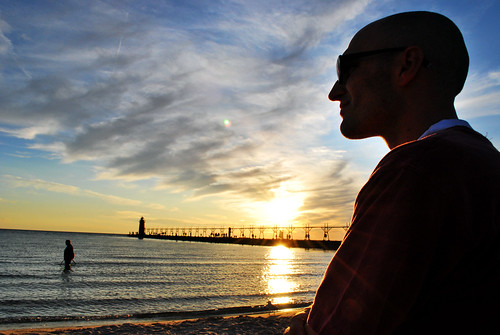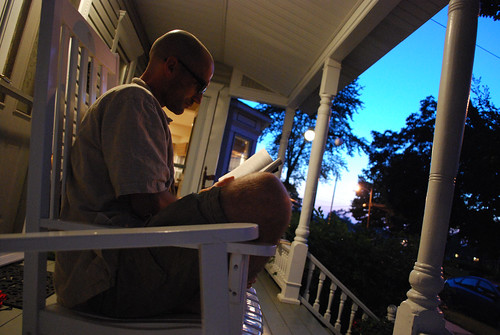But it is from the pen of M. R. James, master of the ghost story, and it does feature the creature I'd most trust to manage a ghost, a cat. So surely it will do? It's from a letter to his friend Jane McBryde, then about nine years old, sent December 23, 1914. The season of ghosts, in England, and surely never more so--if not in the usual, light-hearted way--than at the end of that horrible first year of World War I. Spirits surely clustered thick about the land that Christmas. Despite the times, however, James conjures up some non-supernatural cheer:
My sister has been with me for about three weeks now, and has brought with her a large beautiful black cat who is so nervous that he won't speak to anyone: my own cat has not even seen him yet, but she suspects that something is being kept from her and takes it a little to heart. "Of course it is very likely that I"m not fit to be trusted," she said last night, "only I like to be told so; then I know where I am. If you like to have German spies in the house, it's no business of mine. It might become my duty to speak to the police about it, and it might be very unpleasant for some people if I did: but of course I don't want to make trouble only I do like people to be straightforward and say what they mean," and so on and so on. I said, "What makes you think there are German spies in the house?" "Oh nothing, nothing whatever, only when one sees meals being carried up to one of the bedrooms--and much better meals than ever I see downstairs--and when the maid take particular care that one shouldn't go into that room, and when one sees with one's own eyes a great vulgar black cat climbing the mulberry tree as if the whole place belonged to him: why, then, I think the time has come to put two and two together and speak plainly, but old as I may be, I'm not too old to see through a glass door." There was a great deal more, and at the end of it she burst into tears and laid her head on the fender and said nobody loved her and she had better go and bury herself in the garden or drown herself in the fountain.Pleasantly silly, no?
Not wanting an October post to be entirely ghost-free, however, I'll share another passage I came across today, from the introduction to The Letters of Sylvia Townsend Warner, written by her friend William Maxwell, who also served as the volume's editor:
According to some notes that were taken down from Miss Townsend Warner's dictation in 1966, her mother fell into labour at the sound of a knell--a Harrow governor had just died--and she was born with a caul, which the midwife claimed and probably sold to a sailor as a protection against death by drowning. The ghost of her maternal grandmother visited her cradle.Sadly, the notes didn't mention who actually saw that ghost. But, Maxwell continues:
She herself as a grown woman not only believed in ghosts but (in a letter that has managed to make itself invisible to me) described how she saw them, on two different occasions--the daughter of the house, who had died a year or two before her visit, and an old man who had taken his own life.It would be just like a letter dealing with ghosts to spirit itself away, wouldn't it?






